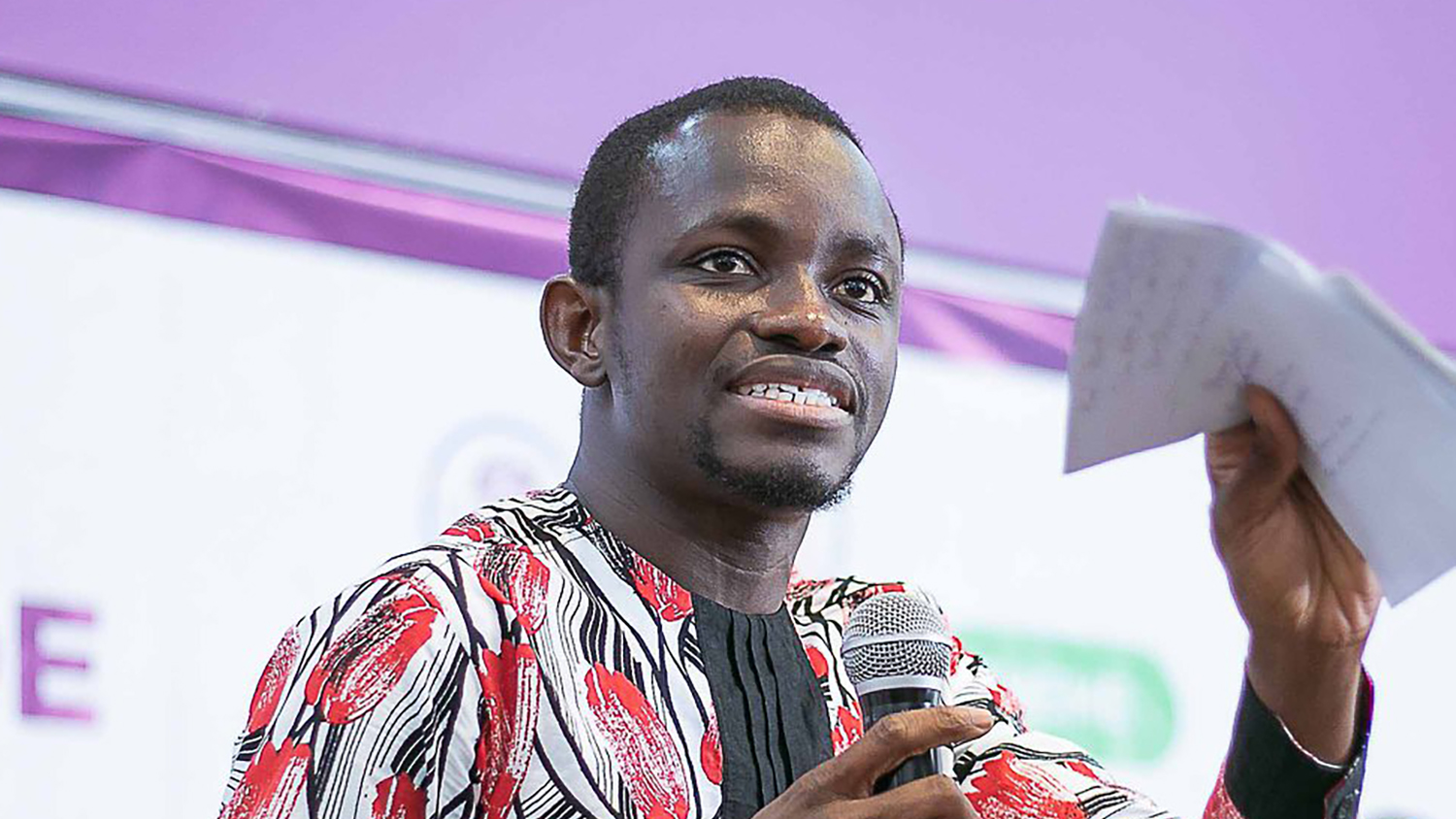About
Who we are
Meet the Hub
New and novel innovations within our food system are critical for meeting global challenges such as changing climates and food insecurity – as long as they are sustainably developed and consider the needs of various audiences. Complexifying this process is the decline in public trust in the food systems. As scientists, we are tasked with translating our research for the public good and ensuring our science effectively meets both the needs of our stakeholders as well as the consumers benefitting from our science. Meeting the nexus of these interlocking challenges motivated the launch of the Hub for Food Systems Communication and Engagement.
OUr Staff
Hub Goals
- Increase the social, economic, and environmental sustainability of research and development for agri-food innovations through community and stakeholder engagement and feedback within the R&D process, increasing transparency and responsiveness.
- Promote best practices for participatory science communication to improve engagement efforts through Cooperative Extension through trainings, webinars, and continuous learning informed by our rigorous social science research.
- Examine public trust in agri-food systems through mixed-method monitoring of consumer perceptions and proactive communication around emerging issues.
Hub Activities
- Collaborating and consulting with researchers, industry leaders, and others to conduct engagement around emerging agri-food innovations and technologies;
- Hosting The Science that Feeds Us podcast to showcase the stories of the science behind the food on our plates;
- Fostering on-going professional development opportunities for engagement scholars and practitioners through the Community of Practice for University Outreach and Extension Engagement.
Strategic Alignment and Priorities
The Hub supports the NC State Extension Strategic Plan Priority 2: Provide High-Caliber, Impactful Programming that Meets the Needs of Local Communities:
- Goal 2.2: Expand Extension Programming Based on Ongoing and Emerging Community Needs. The mission of the Hub is to more closely connect community members and stakeholders with the research and development process of agricultural and food systems innovations and technologies. This responsive and responsible innovation development process aims to enhance successful commercialization of ag- and food-tech, as well as promote the sustainability, particularly social sustainability, of these products once available for adoption by end-users. Through rigorous social science research methods, we aim to support extension outreach and engagement efforts through promoting best practices for connecting the science of innovation in agriculture to our key stakeholders and communities.
The Hub also supports the College of Agriculture and Life Sciences Strategic Plan Focus Area 3: Innovation:
- Strategic Priority 3.1: Advance a Comprehensive Agenda Focused on Sustainability and Strategic Priority 3.2: Build Our Infrastructure. The Hub is an interdisciplinary research center focused on sustainability (social, economic, and environmental) by seeking out community and stakeholder feedback on emerging agricultural innovations through annual surveys, focus groups, and other methods, such as social listening using AI. This expands current research at the university, related to increasing participatory dialogue in the scientific process, which is integral to social sustainability and increasing access to emerging technologies and innovations.
- Strategic Priority 3.3: Transform Our Extension Delivery Model. The Hub, through applied research, will ensure NC State Extension’s engagement efforts meet the needs of North Carolina residents and beyond. From our applied research, we will enhance training through hosting webinars to both extension professionals and community members about emerging agricultural technologies and innovations, incorporating science communication training in the onboarding process for new researchers, and developing toolkits for extension agents and industry stakeholders about emerging innovations. These outcomes will amplify the scale, impact, and effectiveness of extension communications and outreach.
The work of the Hub aligns with global priorities for sustainable development, namely the UN Sustainable Development Goals:
- SDG 2: Zero Hunger. This goal aims to “end hunger [as well as] achieve food security and improved nutrition and promote sustainable agriculture.” Many agricultural and food systems innovations have the goal of helping feed a growing global population. However, without effective engagement practices, innovation development may miss key social factors that influence the adoption or uptake of the innovation. This could lead to limitations in addressing future food security; thus, through best practices of engagement scholarship and science communication, we aim to leverage the science at the heart of these efforts to sustainable innovation development that could sustainably feed a growing population.
- SDG 9: Industry, Innovation and Infrastructure. SDG 9 aims to “build resilient infrastructure, promote inclusive and sustainable industrialization and foster innovation.” This goal is at the heart of the work of the Hub, with the goal of promoting responsible innovation that meets the needs not only of the end-user, but also to mitigate unintended consequences of innovations across social systems.
- SDG 12: Responsible Consumption and Production. Aligned with SDG 9, SDG 12 aims to “ensure sustainable consumption and production patterns.” Innovations by themselves are not inherently sustainable and can have differing effects on various populations. Thus, through engagement and science communication, the Hub aims to enhance responsible and responsive production practices as we continue developing agri-food innovations and technologies.
- SDG 13: Climate Action. SDG 13 encourages us to “take urgent action to combat climate change and its impacts.” Similarly to SDG 2, many agri-food innovations, like gene editing, aim to enhance crop and livestock resilience to a changing climate. Engagement and science communication, core research and practice areas for the Hub, can support effective and interdisciplinary science looking to create sustainable agri-food tech to help our food system be more resilient to climate change.
Interested in collaborating with the Hub? Contact us today!

Connect with the Hub




